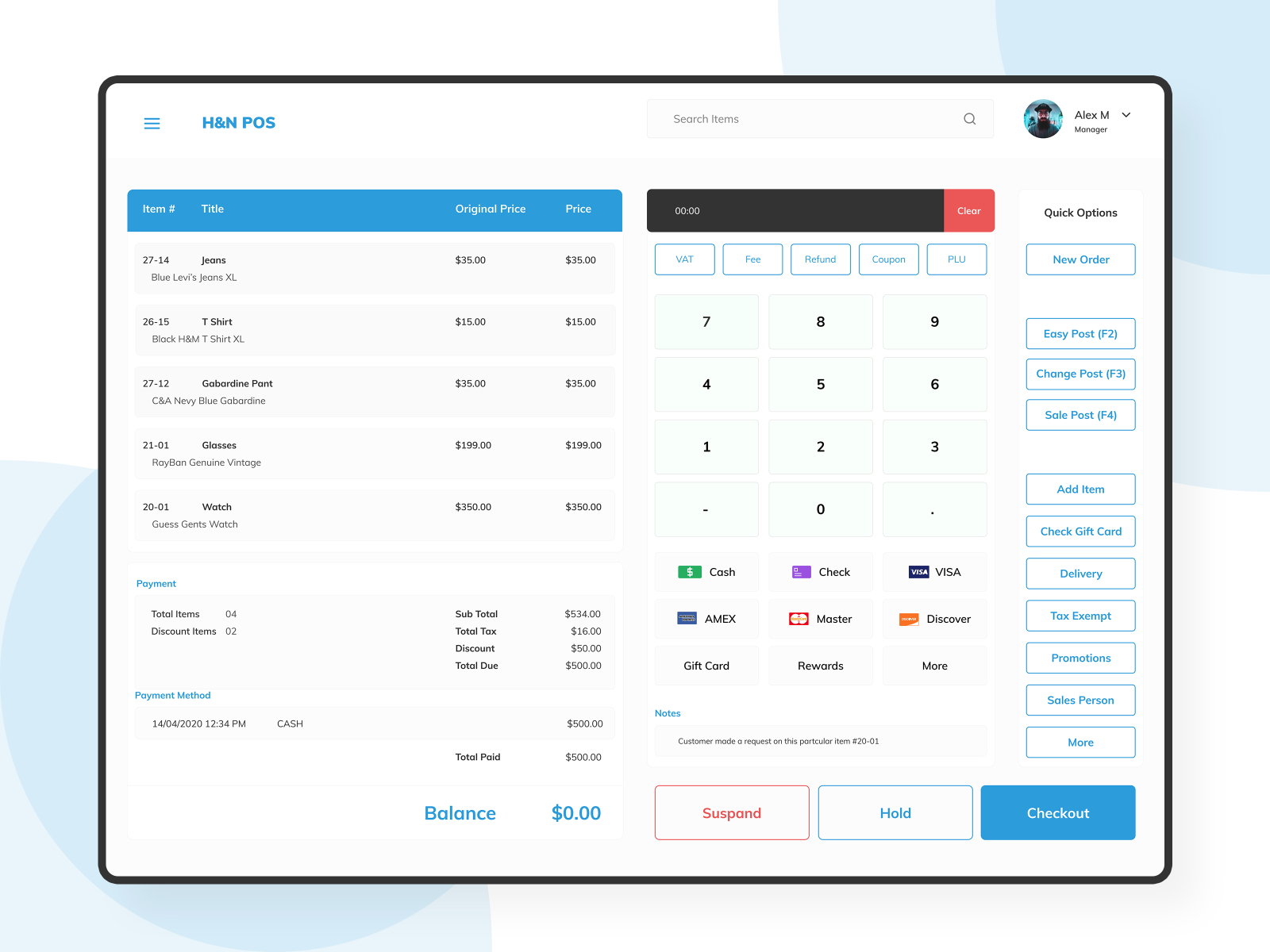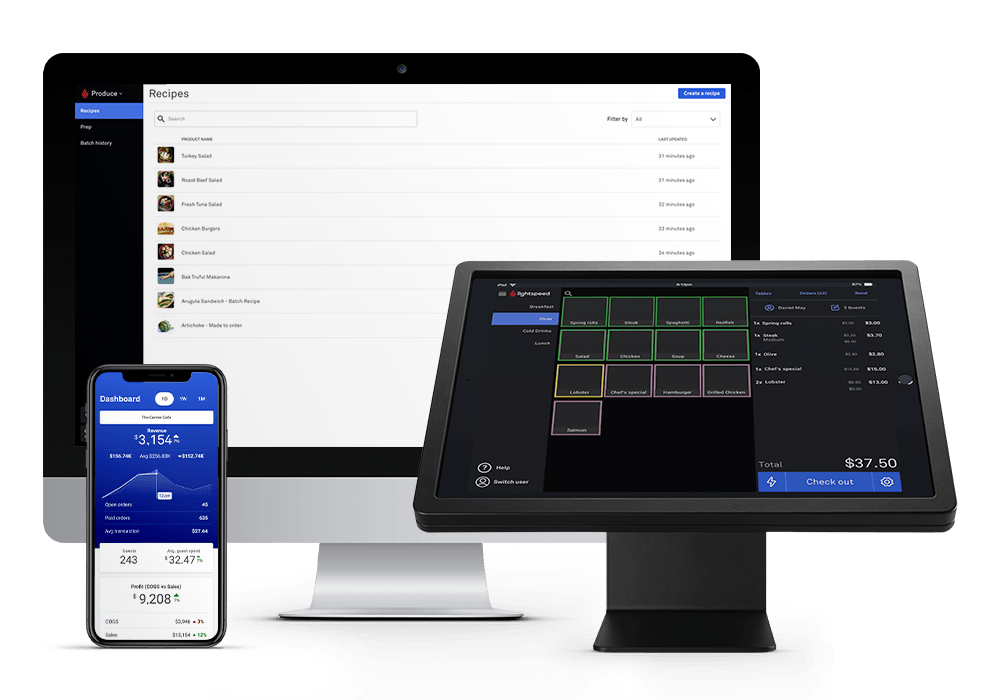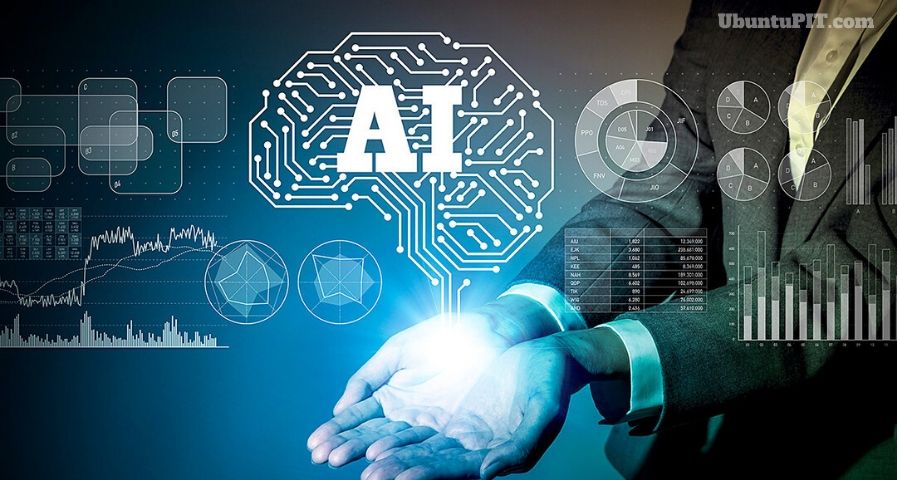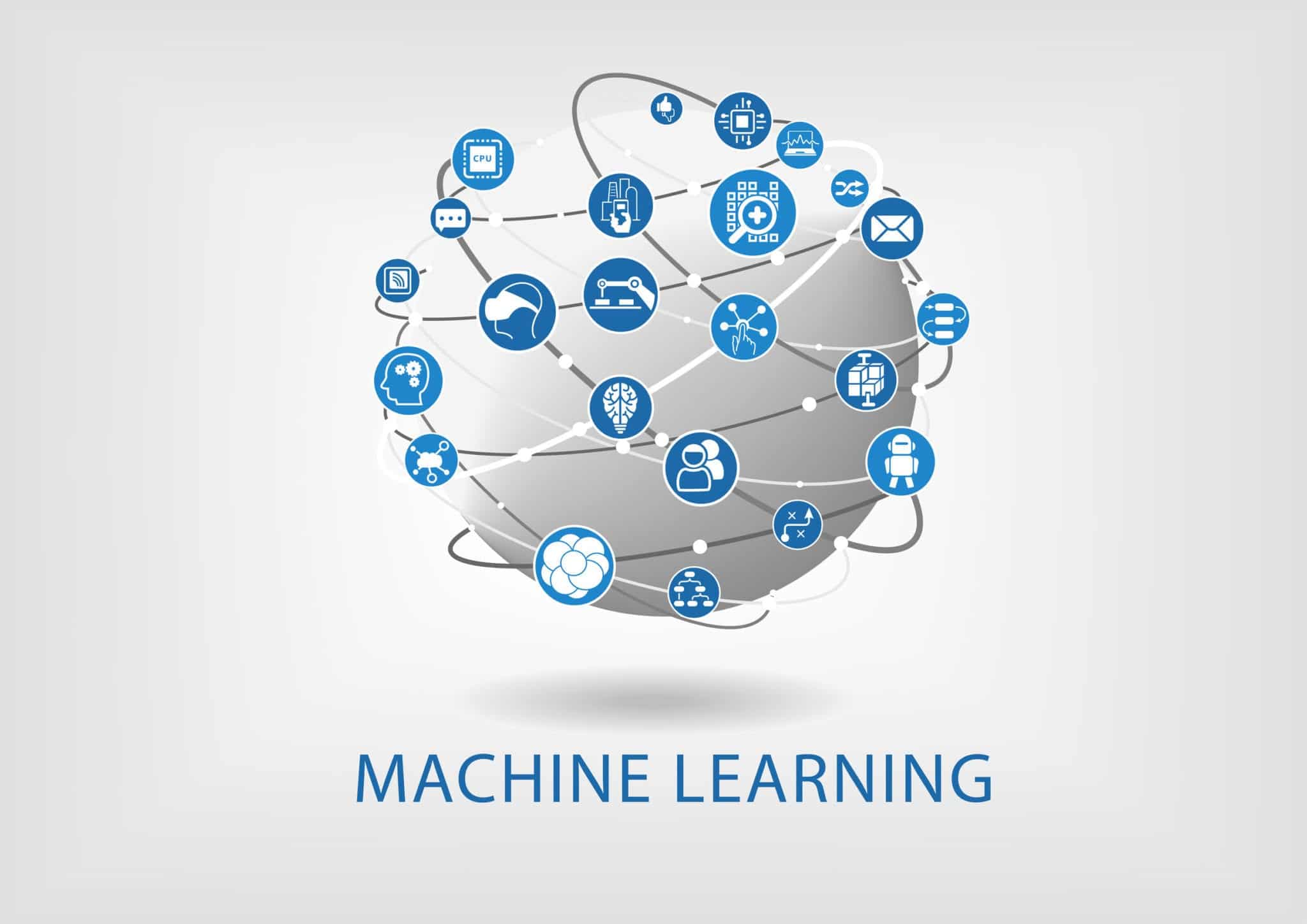Embracing the Future: POS Software’s Role in Shaping Modern Business Dynamics
In an era defined by rapid technological advancement and ever-evolving market requirements, businesses across the globe are increasingly turning towards innovative solutions to streamline operations and enhance customer engagement. A critical component spearheading this transformation is the Point of Sale (POS) software. As analyzed in a recent study by 360iResearch, the POS software market is on a trajectory to expand from $11.23 billion in 2023 to an impressive $21.31 billion by 2030, exhibiting a Compound Annual Growth Rate (CAGR) of 9.57%. This growth is a testament to the pivotal role POS systems play in the retail and service sectors, offering more than just transaction processing capabilities but also supporting inventory control, customer relationship management, and financial analyses.

The Evolution of POS Software: From Transactional to Transformative
The leap towards cloud-based and mobile POS solutions signals a crucial shift in retail and service industry operations, prioritizing flexibility, scalability, and real-time functionality. My experience working with technology solutions, particularly in the realm of cloud solutions and artificial intelligence, underscores the transformative impact these advancements have on businesses. Cloud-based POS systems, preferred for their streamlined integration capabilities and enhanced security measures, represent a monumental stride towards operational excellence and market adaptability.

Driving Efficiency and Engagement: The Multifaceted Benefits of POS Software
- Customer Engagement: POS software propels customer loyalty by facilitating personalized marketing strategies and targeted promotions, significantly enhancing customer retention and recurring business.
- Employee Management: It introduces efficiencies in schedule coordination, time tracking, and performance analytics, allowing businesses to focus on delivering superior service while optimizing employee productivity.
- Inventory Management: Features like real-time stock monitoring and automatic reorder alerts ensure businesses maintain optimal stock levels, making informed decisions about product procurement and selection.
The integration of secure and versatile payment processing options within POS systems is also a game-changer. This feature not only accommodates various payment preferences but also adheres to stringent security standards, ensuring customer information remains protected.
Market Leaders and Innovators: Shaping the Future of POS Software
Among the trailblazers in this field, Oracle Corporation currently leads with a strong 7.13% market share. However, the landscape is teeming with innovative entities such as PayPal, Inc., Block, Inc., and Shopify Inc., each contributing to the market’s dynamism with expansions, new product developments, and strategic partnerships. The competition and collaboration among these key players are pivotal in driving technological advancements and market growth.
Conclusion: The Indispensable Role of POS Software in Future Business Success
The POS software market’s remarkable growth trajectory is a clear indication of its vital role in modern business ecosystems. As someone deeply involved in technology and consulting, specifically within the AI, cloud solutions, and security domains, I recognize the importance of embracing these changes. POS systems do not merely facilitate transactions; they are integral for businesses aiming to optimize operations, improve customer relations, and secure sustained growth.
To all fellow entrepreneurs and business leaders, adopting advanced POS solutions is not just a step but a leap towards future-proofing your operations and thriving in the digital age. Let’s embrace the innovation and growth that POS software brings to our doorsteps.
Conclusion Remarks
Note: For insightful findings, comprehensive market analysis, and to delve deeper into the POS Software Market landscape, download the sample report at 360iResearch.
Focus Keyphrase: POS Software Market


